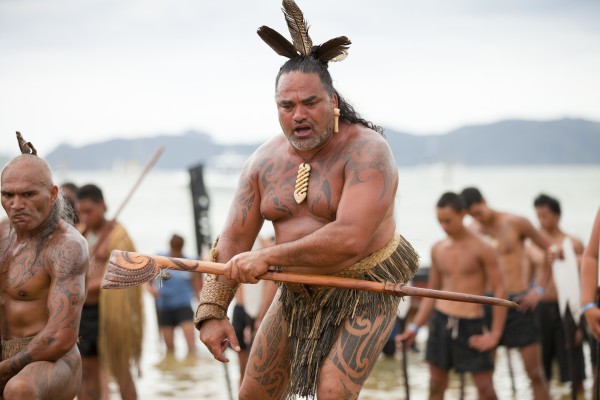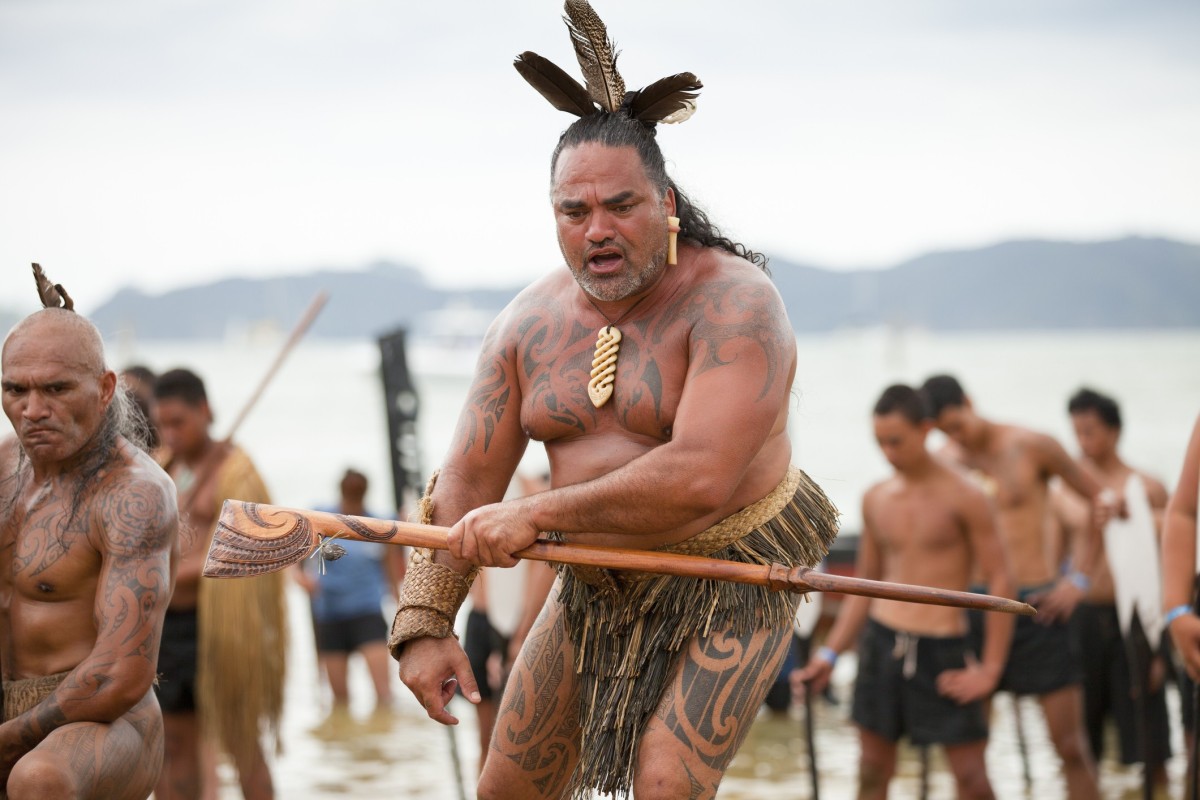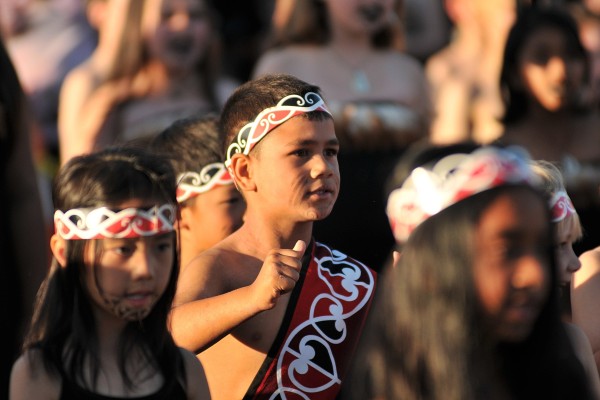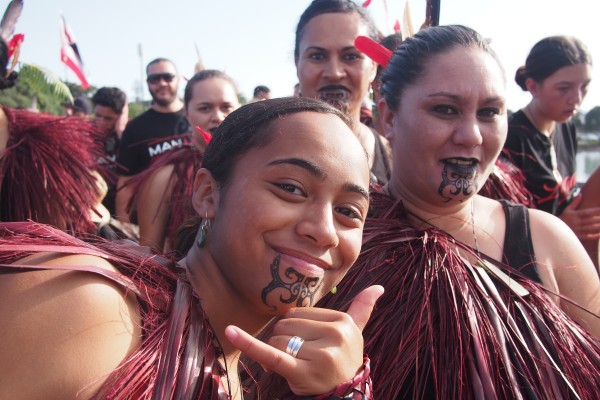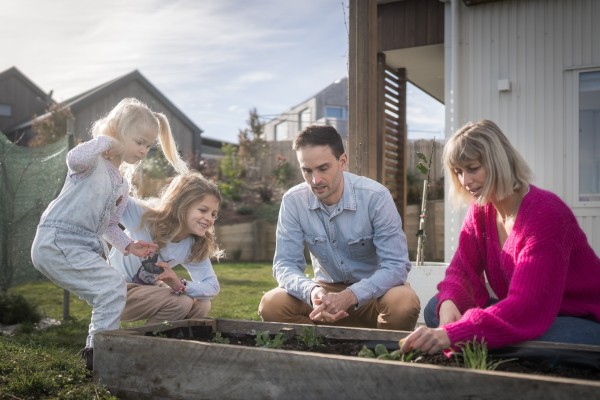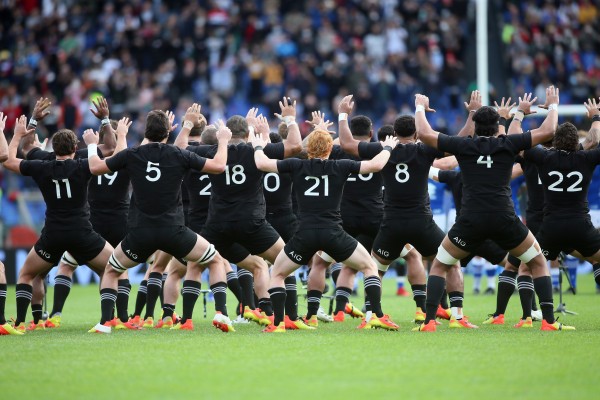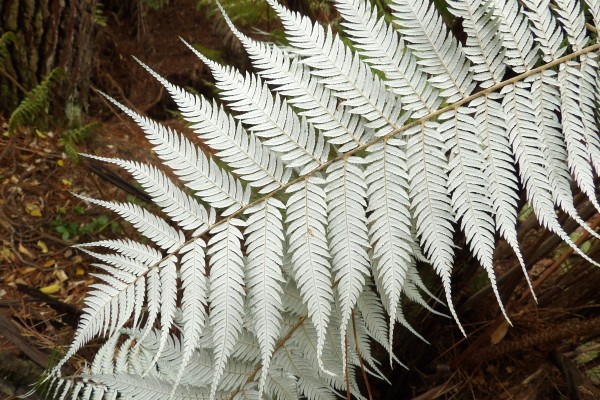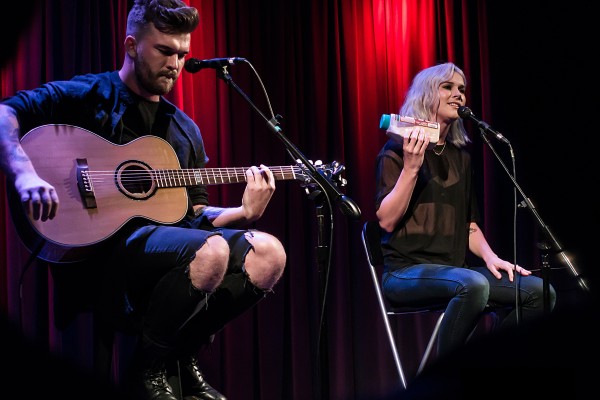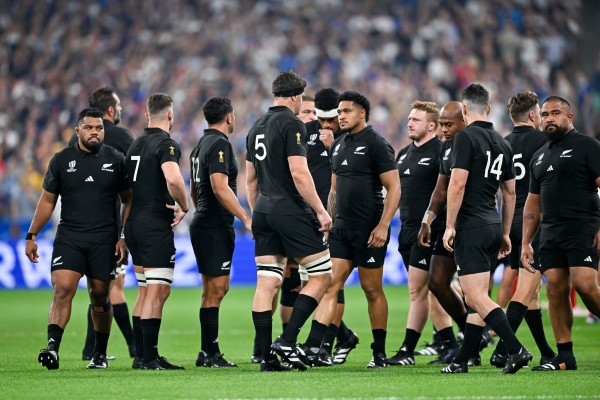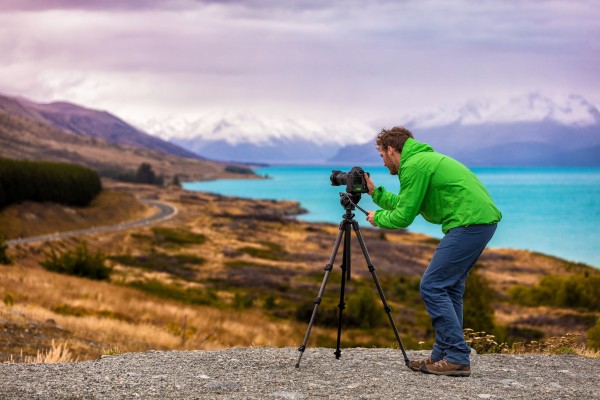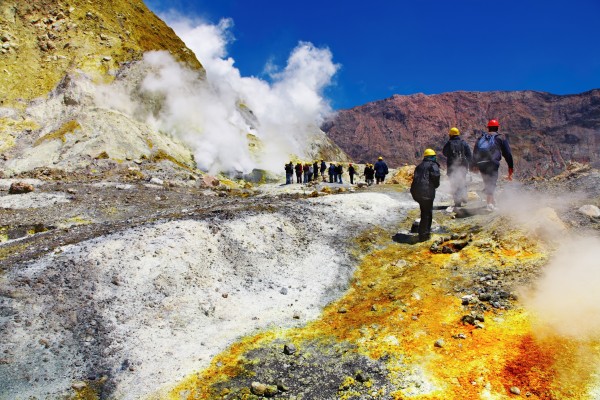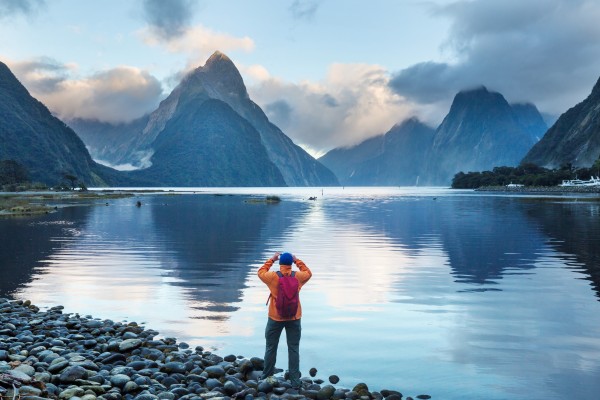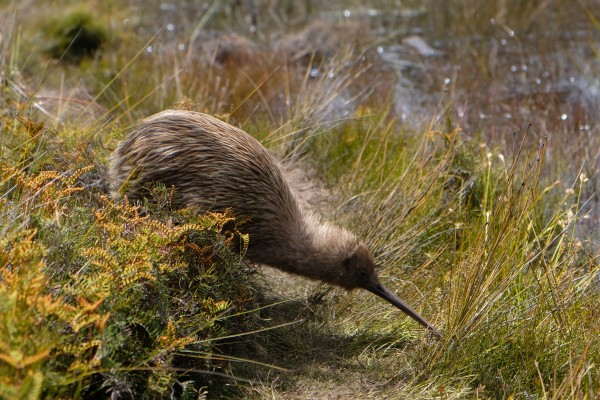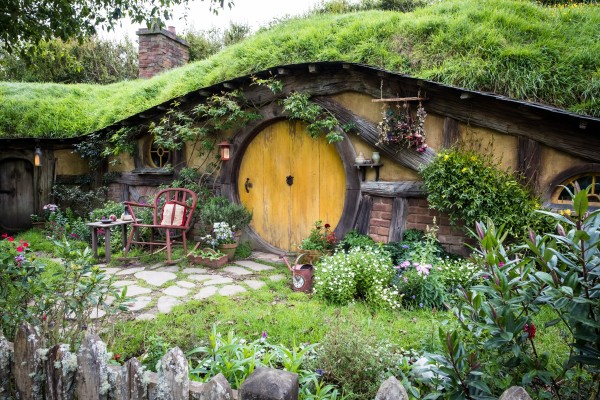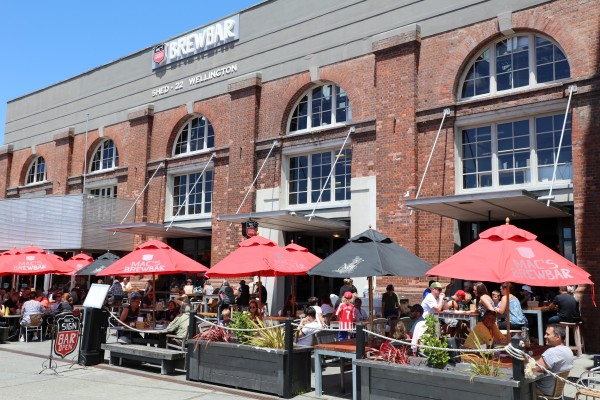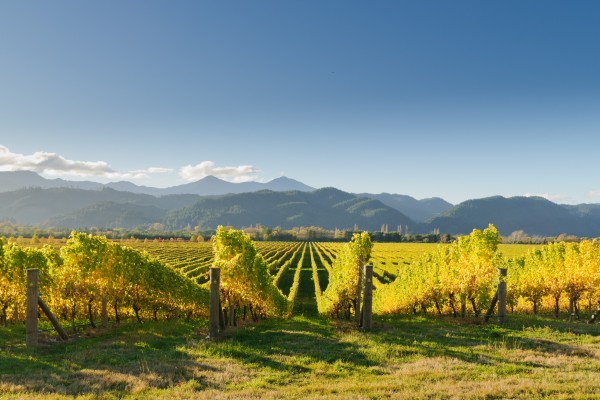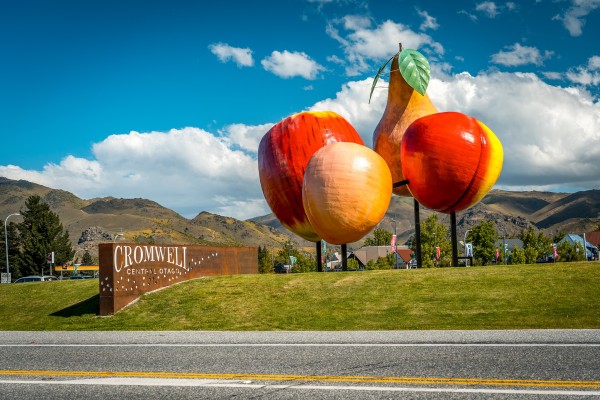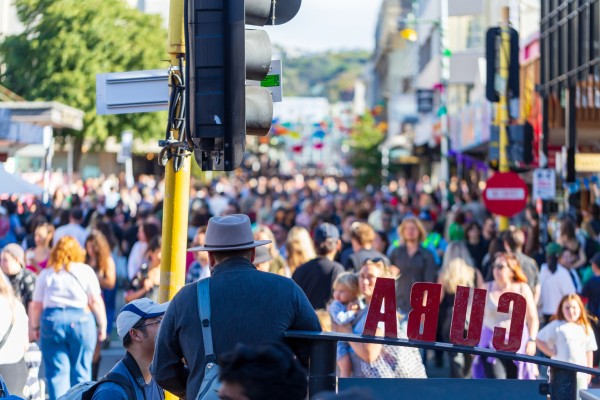How to celebrate traditional Maori festivals in modern New Zealand

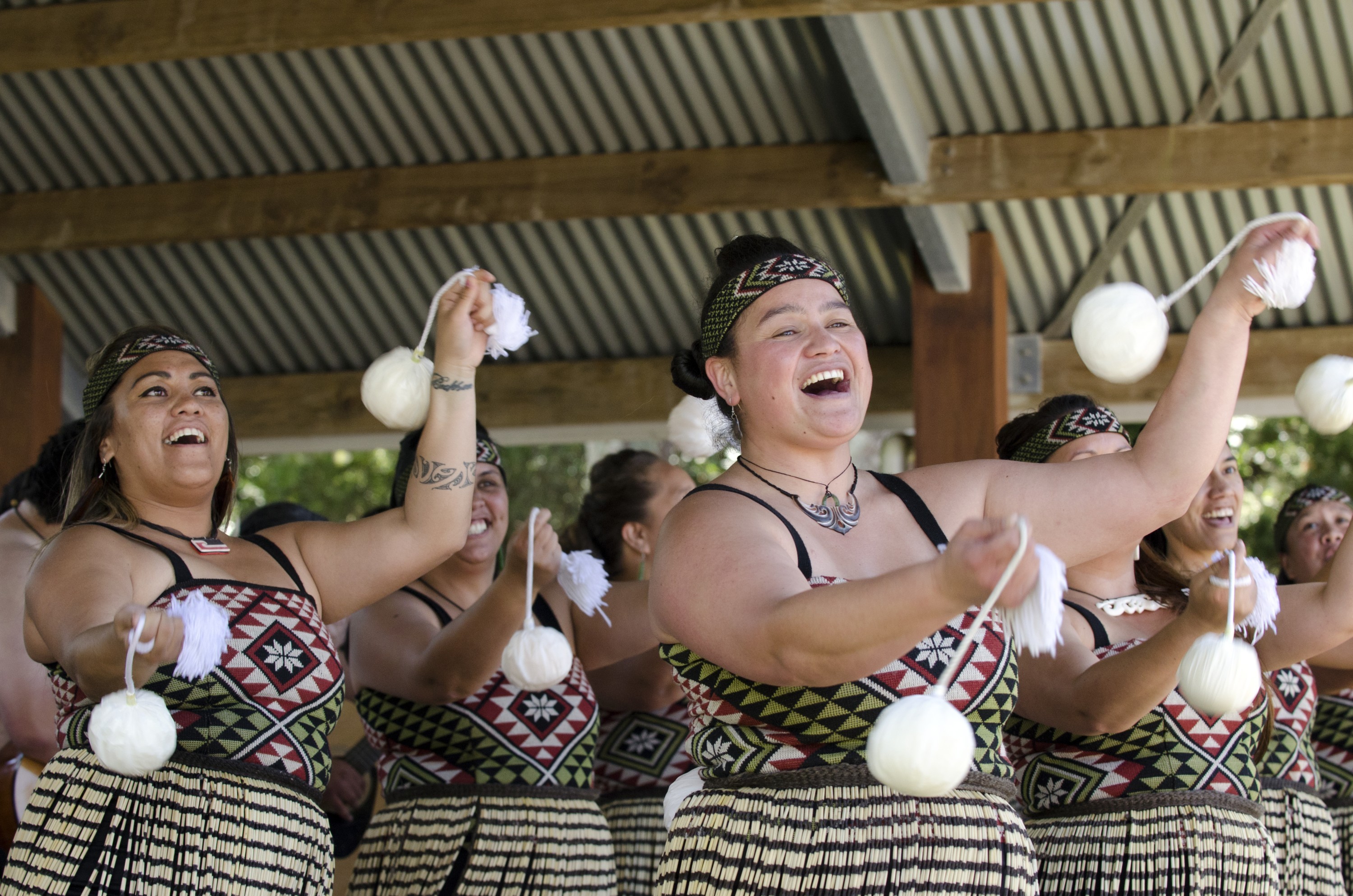
One of the most unique aspects of travelling to New Zealand is experiencing the Māori culture. Prior to moving or travelling to Aotearoa, many people don’t know a lot about the indigenous pepople of New Zealand. One of the best ways to learn about Māori culture is by getting involved in traditions and festivals that celebrate the arts, language and identity of Māori throughout the year.
We share some of the key Māori celebrations in New Zealand and where and how you can get involved in celebrating while you are here.
Matariki - Māori New Year
Like many cultures around the world, Māori have a distinct time of year when they celebrate the new year. In Aotearoa, this is called Matariki. Around June or July, Matariki, a star cluster also known as the Pleiades, graces the night sky and marks the beginning of the Māori New Year.
While the date changes slightly with each year, the star cluster appears during the last quarter of the lunar calendar. Over the past few years, councils and organisations around New Zealanders have prioritised celebrating Matariki over dates such as Guy Fawkes Day, which were imported as part of our British and colonial past.
Matariki celebrations are now common around New Zealand. Since 2022, Matariki has been an official public holiday, cementing its importance as a day of national culture and significance.
How to celebrate Matariki in New Zealand
Matariki celebrations differ from iwi to iwi, but many traditions are rooted in paying homage to the land, ancestors, and the cycle of life. Matariki celebrations traditionally last up to three days after the new moon and will involve the lighting of ritual fires, making offerings, and commemorating the departed. In modern New Zealand, many celebrations emphasise learning more about Matariki, fostering a connection to whakapapa (ancestry), and caring and cultivating the land in the form of new trees and crops as this symbolises fresh beginnings.
In major cities such as Auckland, Wellington, and Christchurch, fireworks displays, cultural festivals, and community events mark the event and provide a way for the public to get involved.
Te Wiki o te Reo Māori - Māori Language Week
Te Wiki o te Reo Māori is a week dedicated to celebrating and promoting the Māori language. Held in September each year, throughout the country, you’ll find community and local events such as language workshops, storytelling sessions, and community gatherings that focus on learning and embracing te reo Māori. Now is a great time to learn basic te reo Māori phrases, participate in language-focused activities, and engage with the language in a welcoming environment.
How to celebrate Te Wiki o te Reo Māori in New Zealand?
If you’re working in New Zealand, take a moment to find out what kind of events are on offer by your workplace or industry-related associations. Check out your local library for even more ways for kids and teens to get involved. Most events are free, and there are many online events to get involved in. You can even put your own spin on Te Wiki o te Reo Māori by introducing Māori words and phrases into your office to replace commonly used English words.
The best part about Te Wiki o te Reo Māori is that you don’t have to wait until September to get involved in learning New Zealand’s official indigenous language.
Waitangi Day
Waitangi Day is a significant national holiday in New Zealand and commemorates the signing of the Treaty of Waitangi, a foundational document in our nation's history. The Treaty of Waitangi was signed on February 6, 1840, between representatives of the British Crown and various Māori chiefs at Waitangi in the Bay of Islands.
The Treaty of Waitangi is considered a key document in the establishment of New Zealand as a British colony. It was intended to create a legal framework for the coexistence of the Māori and British settlers, ensuring the protection of Māori rights and interests while recognising British sovereignty. However, interpretations of the treaty's clauses have been a source of historical and contemporary debate.
As a result, Waitangi Day is not simply a day of celebration. The day serves as a time for reflection on the history of the treaty and its impact on the relationship between Māori and Pakeha. The day has, in the past, been a source of political protest for some. For others, Waitangi Day is also a day to celebrate New Zealand's cultural diversity and to honour the principles of partnership, participation, and protection outlined in the Treaty of Waitangi.
How to celebrate Waitangi Day in New Zealand?
Waitangi Day is marked by various events and activities throughout the country, including official ceremonies, cultural performances, traditional waka (canoe) races, and community festivals. The national celebrations are centred around the Waitangi Treaty Grounds in the Bay of Islands, where the treaty was first signed. The significance of Waitangi Day has grown over the years, and it is now observed as a public holiday across New Zealand.
Tamaki Herenga Waka Festival
If you’re in Auckland in late January, why not celebrate Maori history, heritage and contemporary culture at the biannual Tamaki Herenga Waka Festival? Held every two years (the next festival is in 2025), over Auckland Anniversary Weekend, you can experience and enjoy performances from Māori musicians and kapa haka groups, eat traditional kai (food) and enjoy Māori games, storytelling, ta moko and of course waka sailing.
ASB Polyfest
Another Auckland festival that every New Zealander (and visitor) should experience is Polyfest. The festival celebrates traditional Polynesian music, dance, costume, and culture and is one of the most recognised cultural events in New Zealand for Polynesian and Māori youth.
Students participating in Polyfest compete on six stages, representing the Cook Islands, Māori, Niue, Samoa, and Tonga, and a Diversity stage featuring groups from Fijian, Tokelau, Chinese, Korean, and Indian communities. The festival spans four days, commencing with a flag-raising ceremony at sunrise.
Polyfest's roots trace back to 1976 and it has now evolved into the largest Pacific dance festival in the world. In fact, the festival outgrew its original venues and was forced to move to a large space in 1996. Polyfest is one of the best ways to see kapa haka performances along with other Polynesian dance styles from schools and youth groups around New Zealand. Keep an eye out for the ASB Polyfest, which is held in March each year.
What do our customers say?


For every (wise)move







